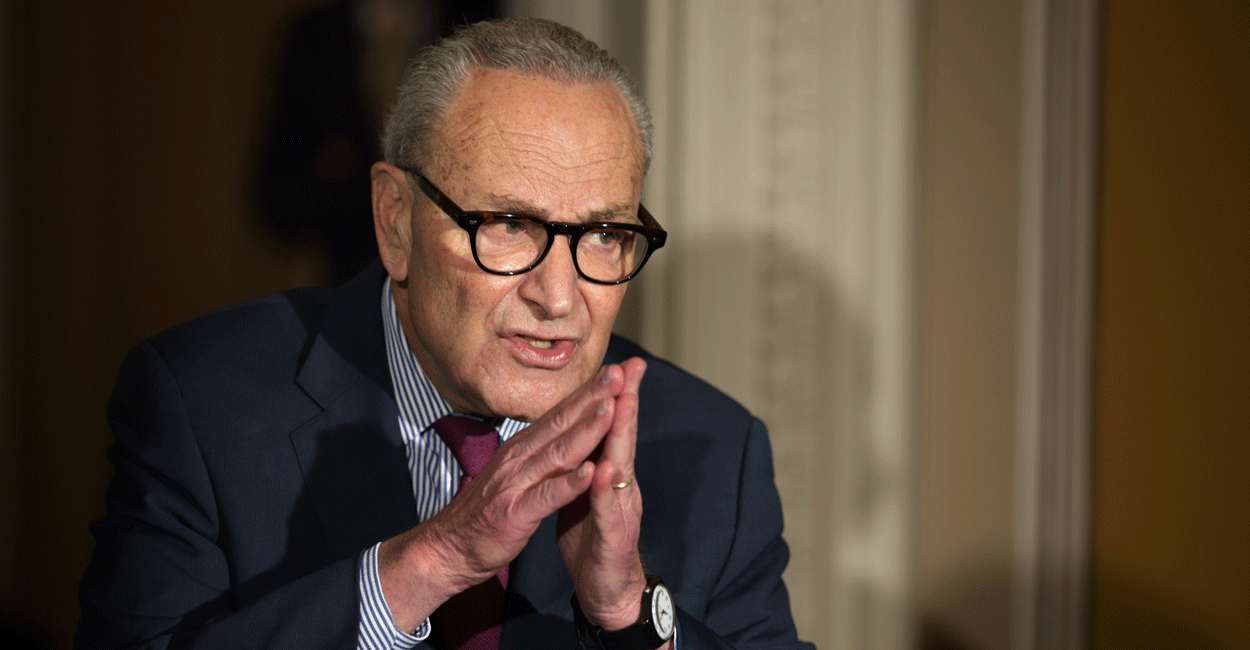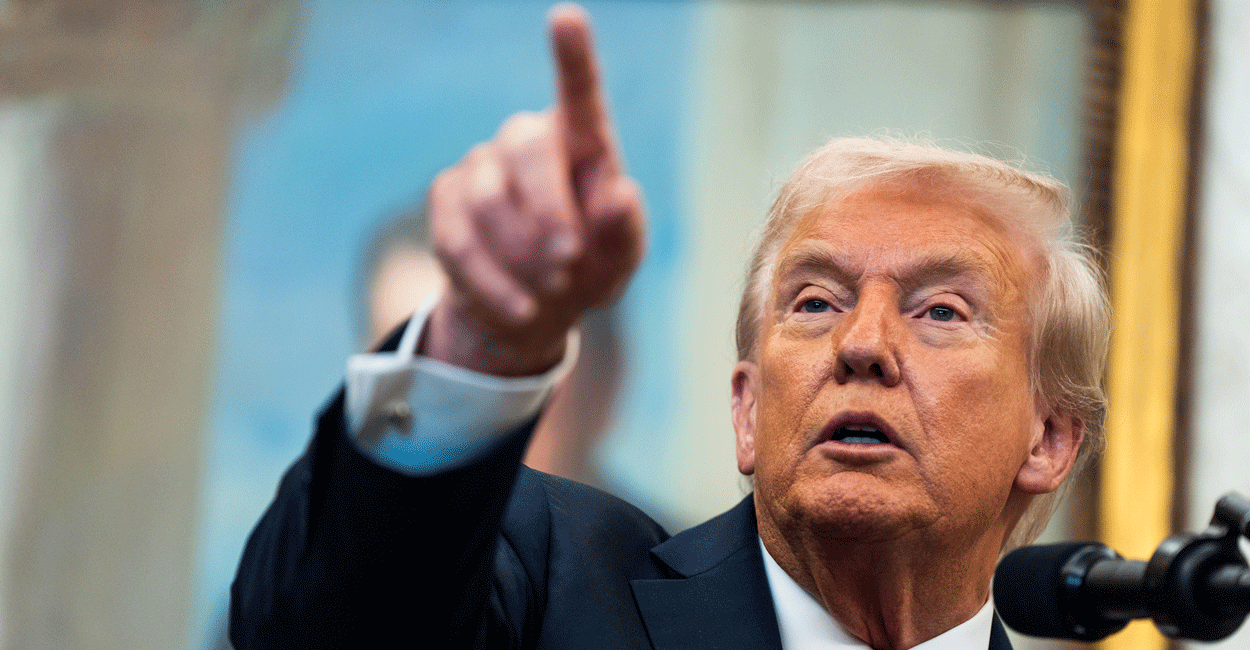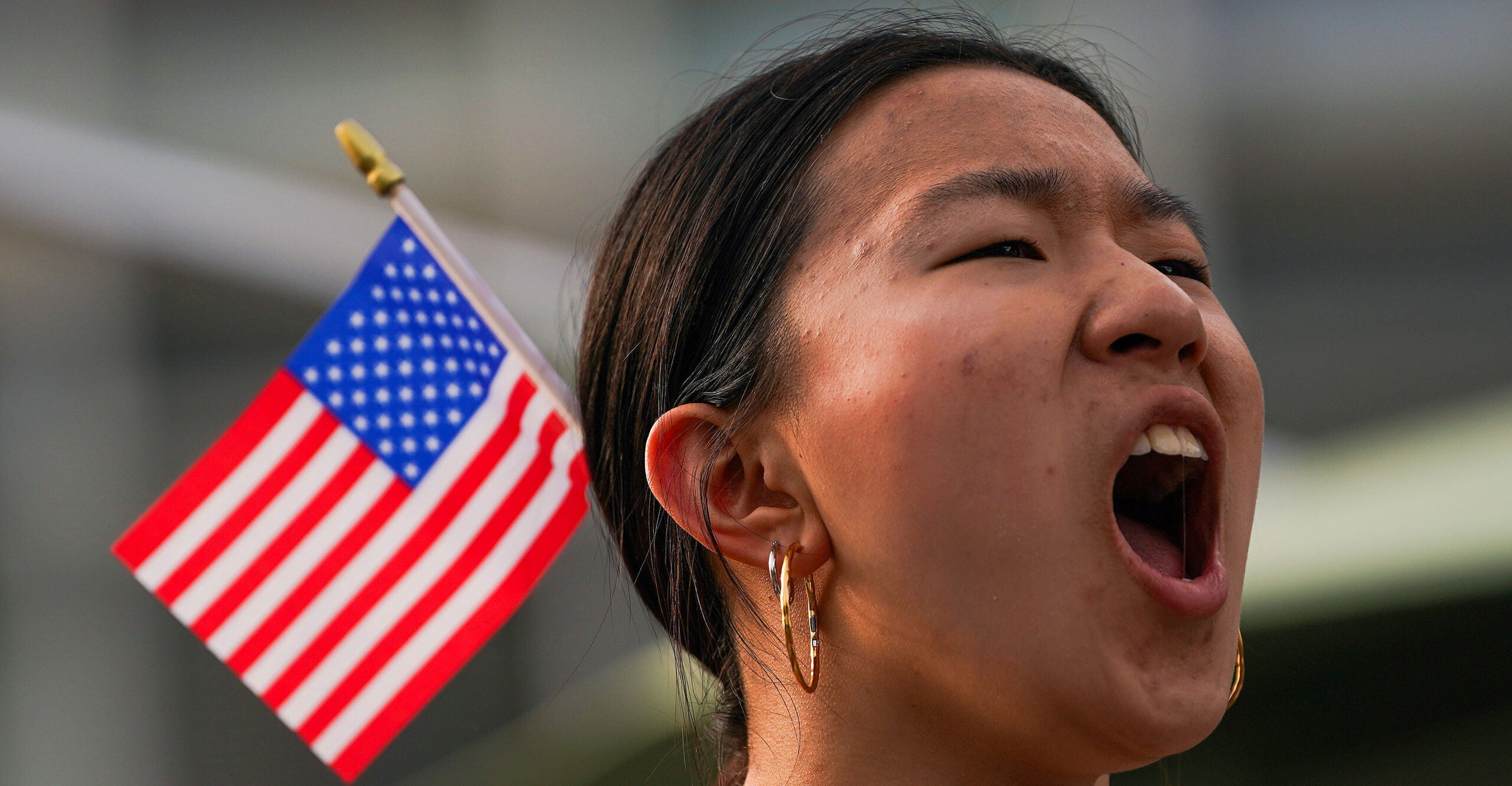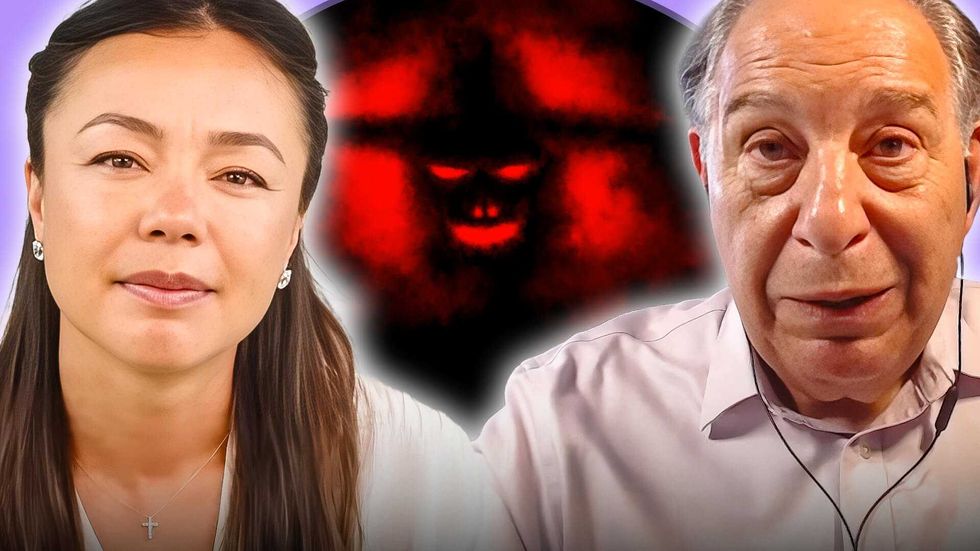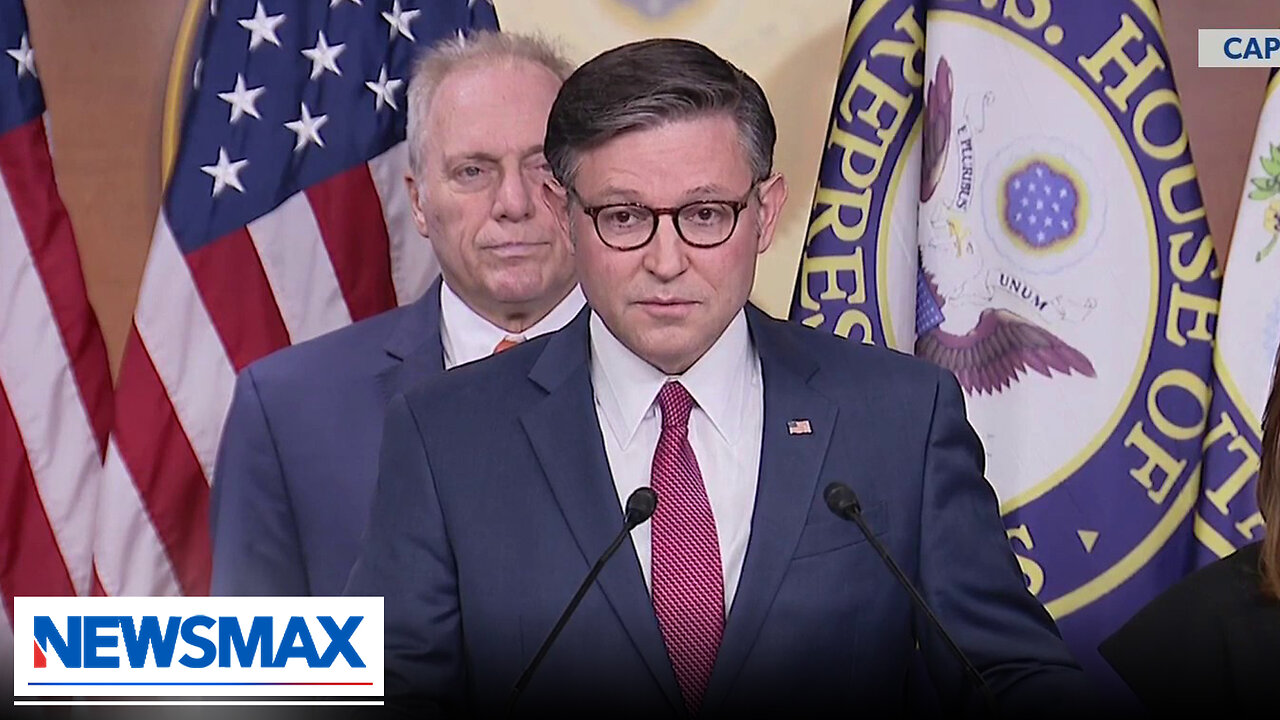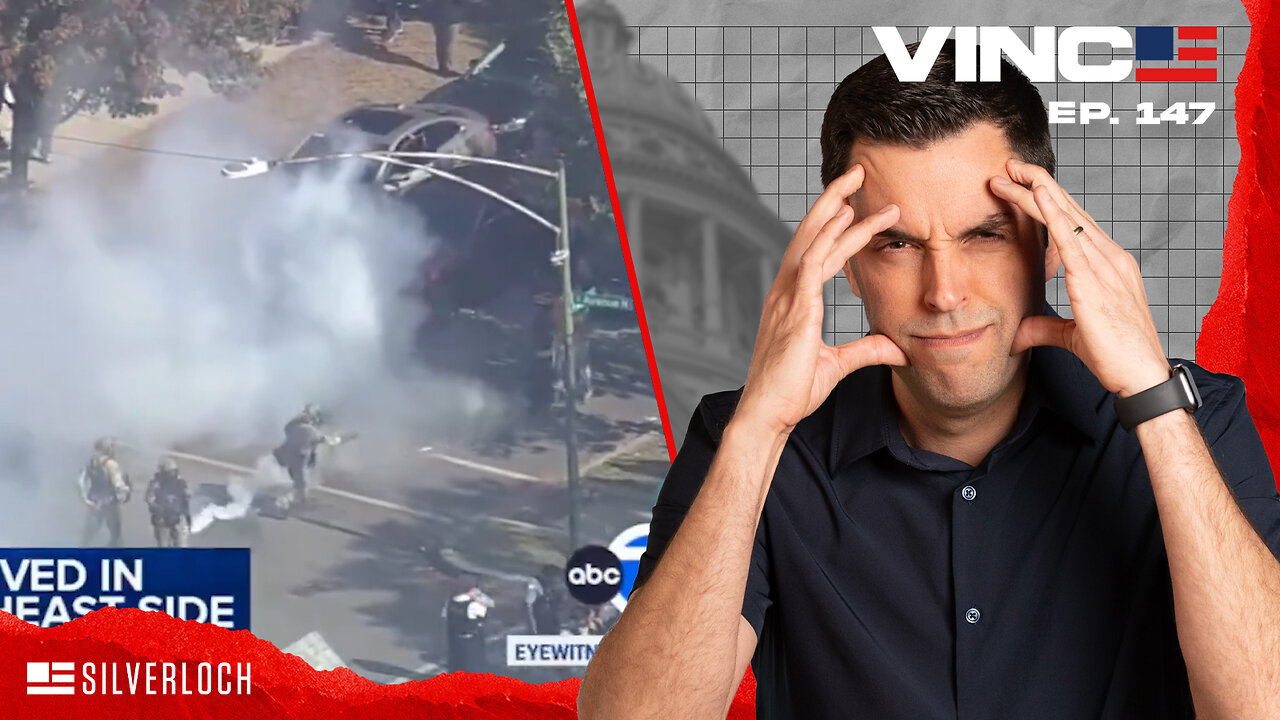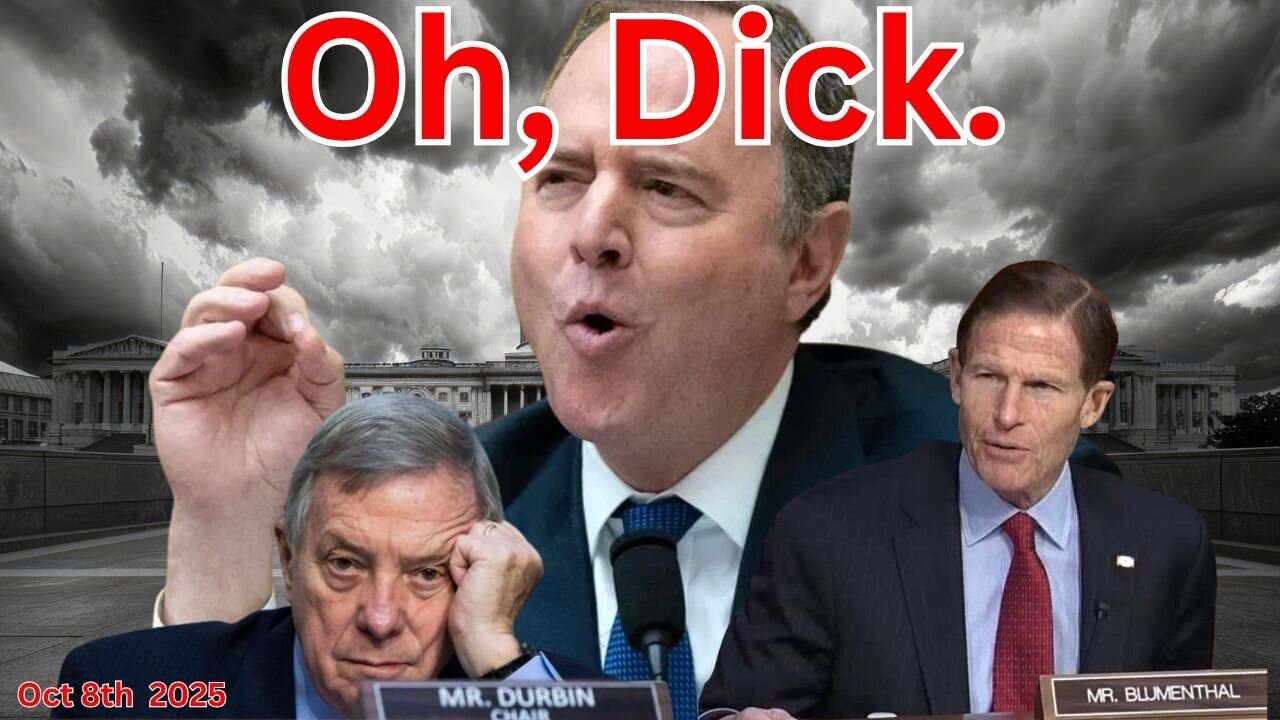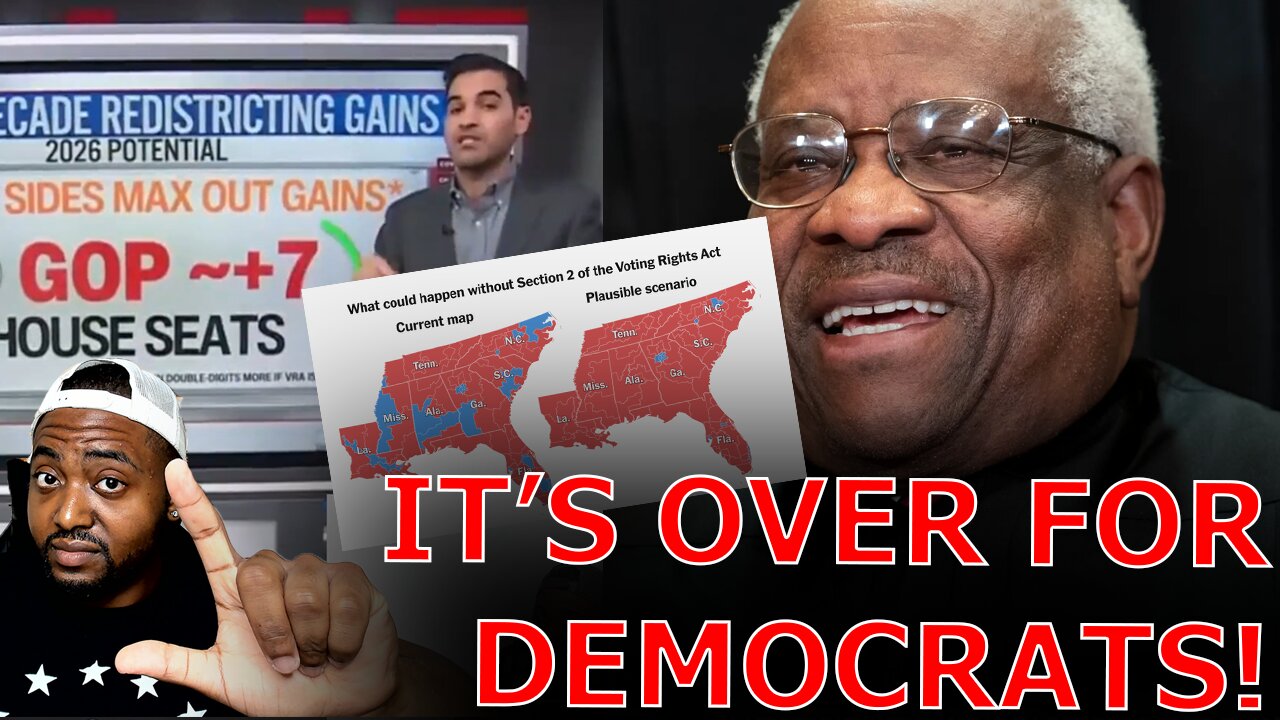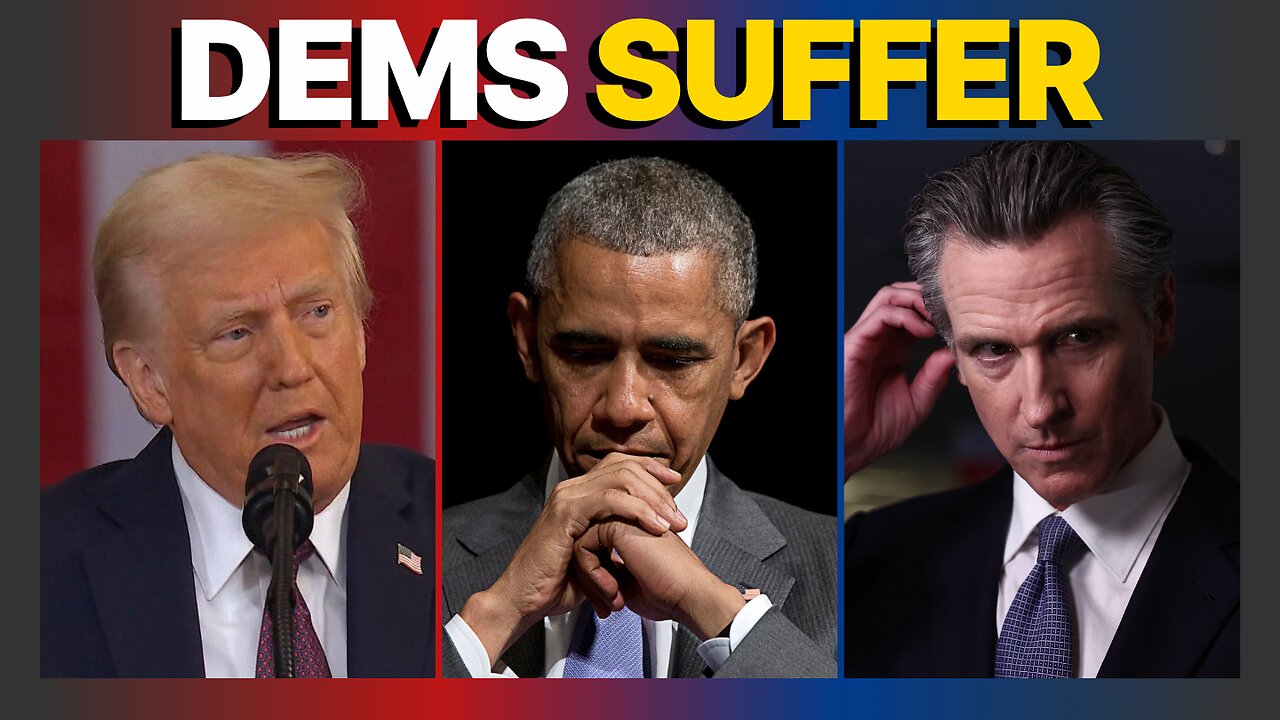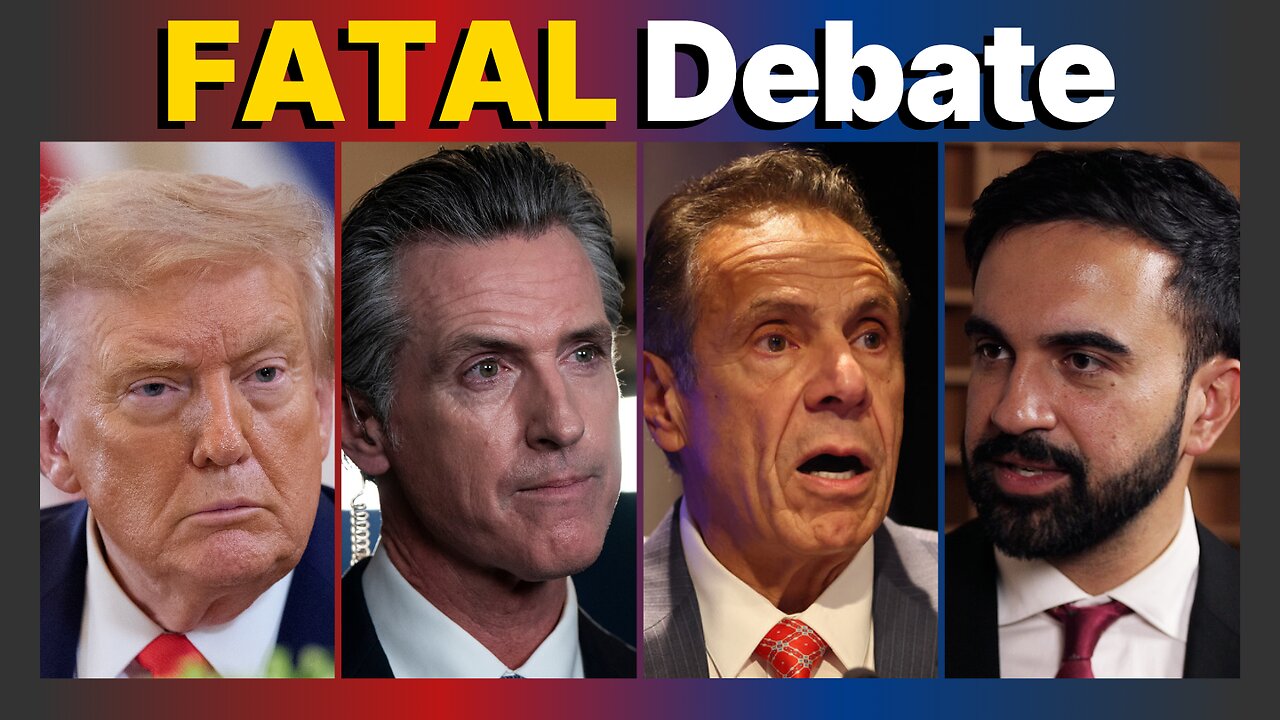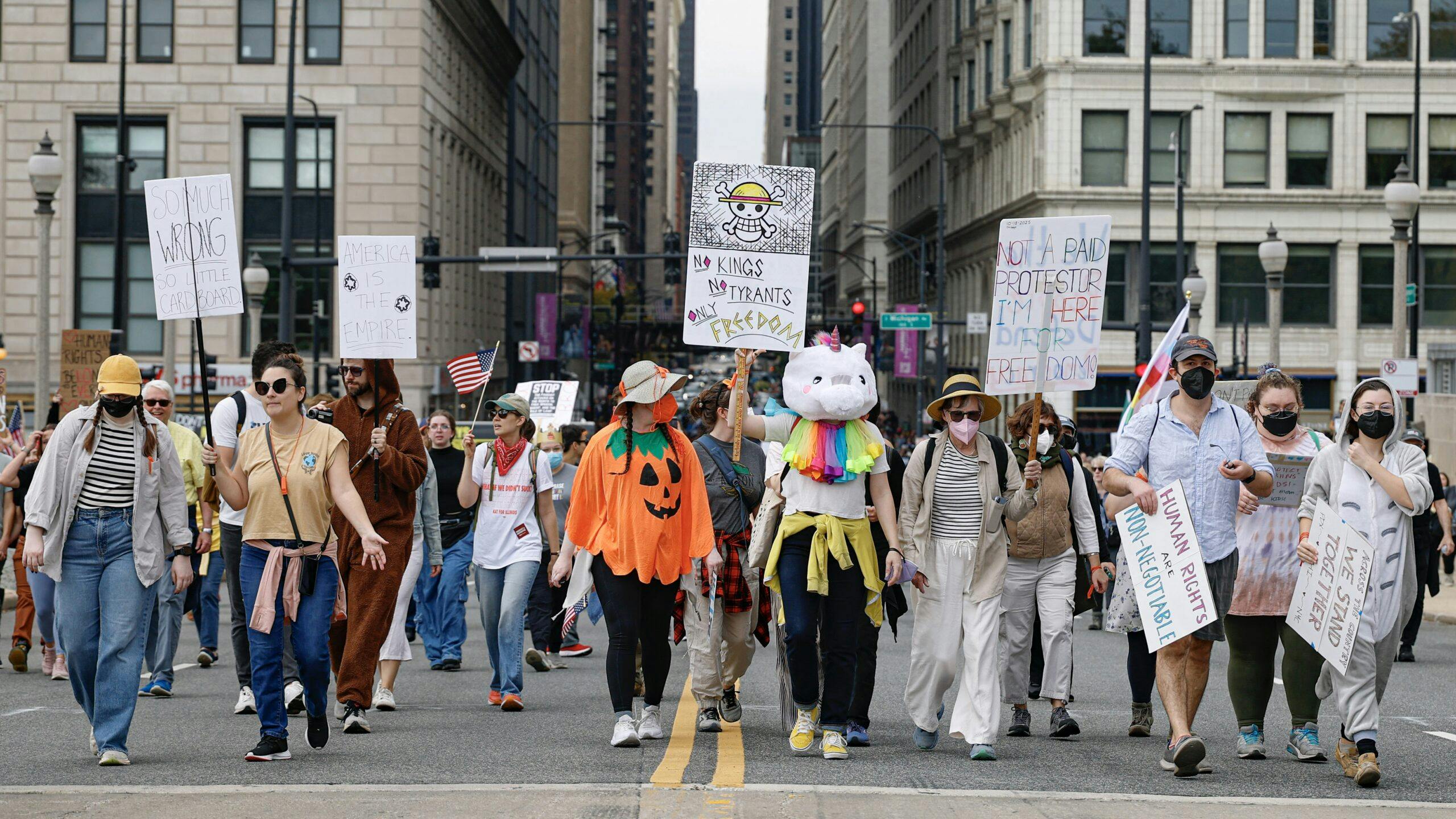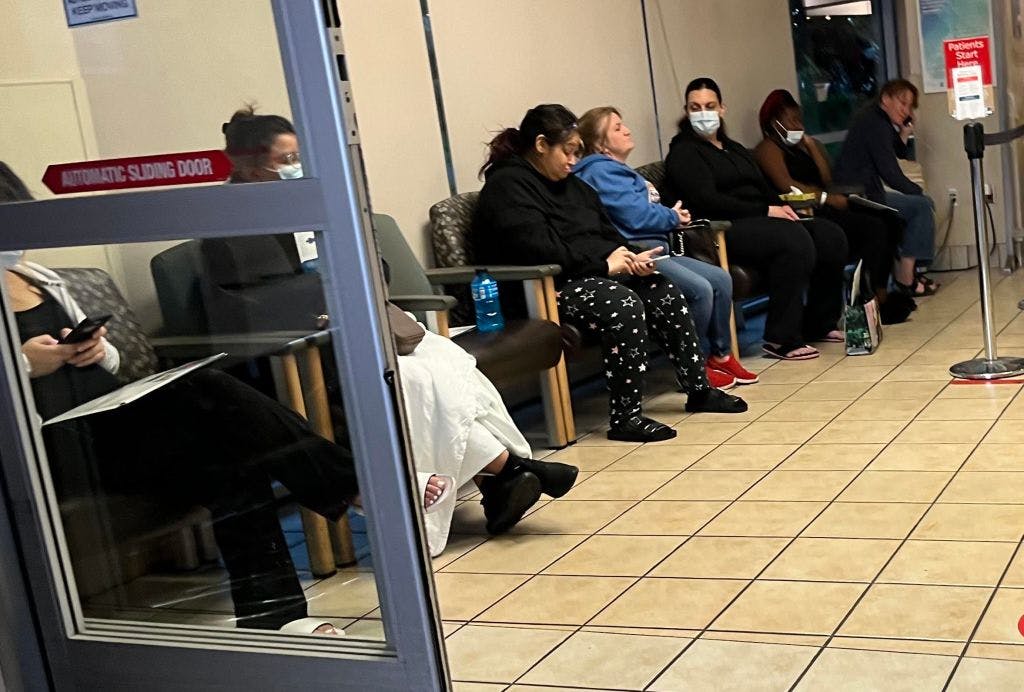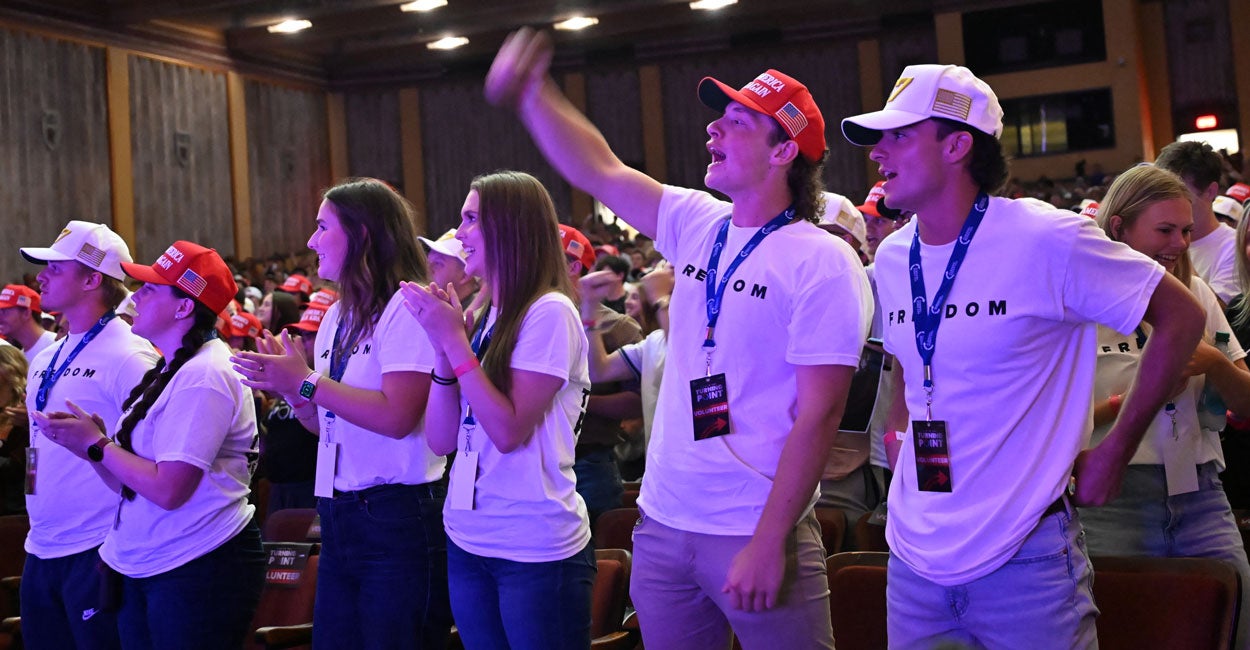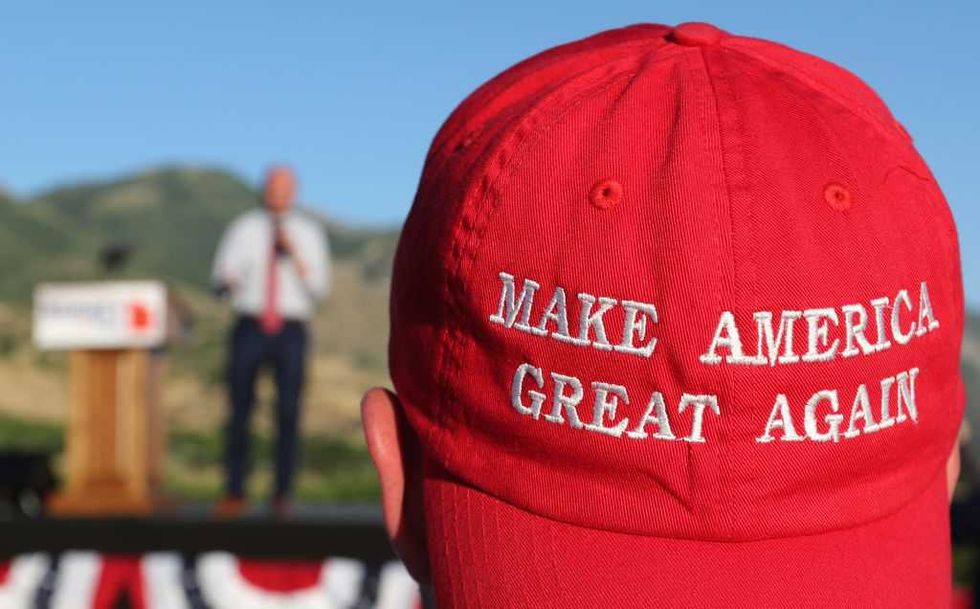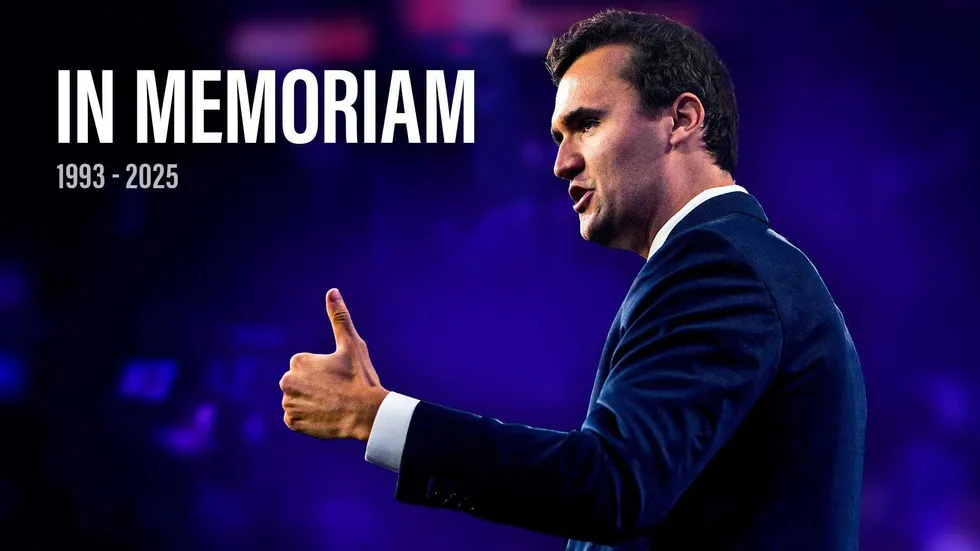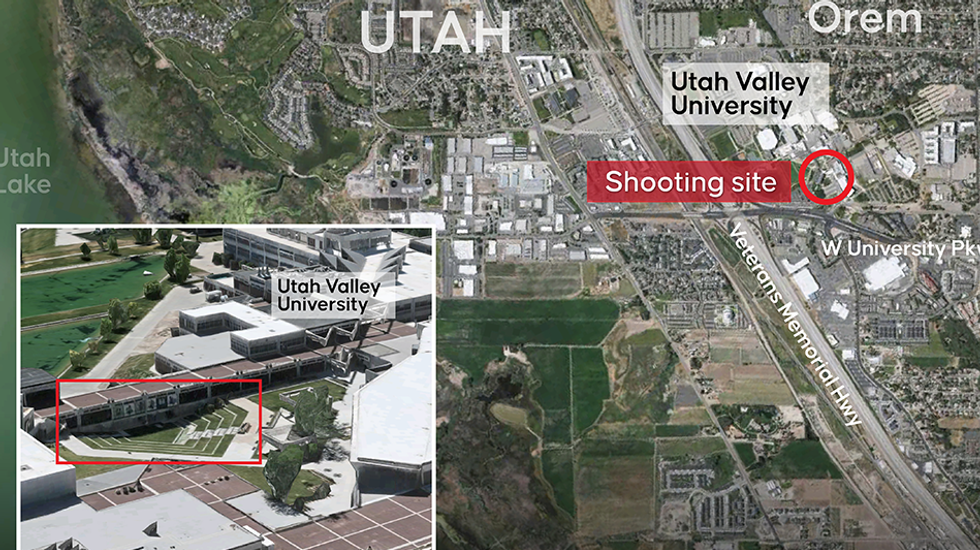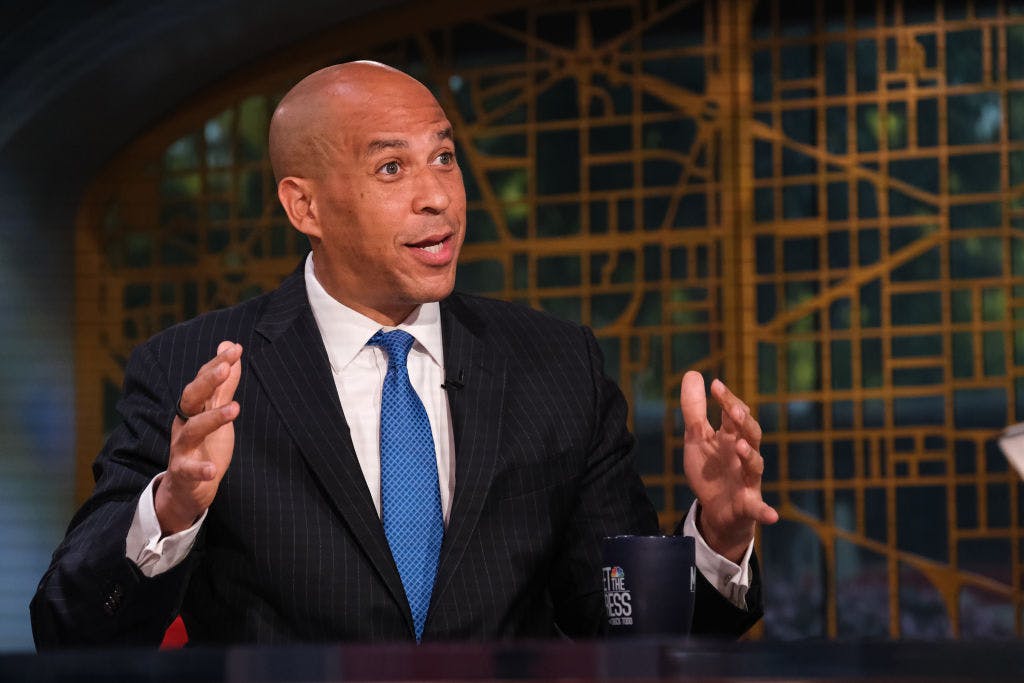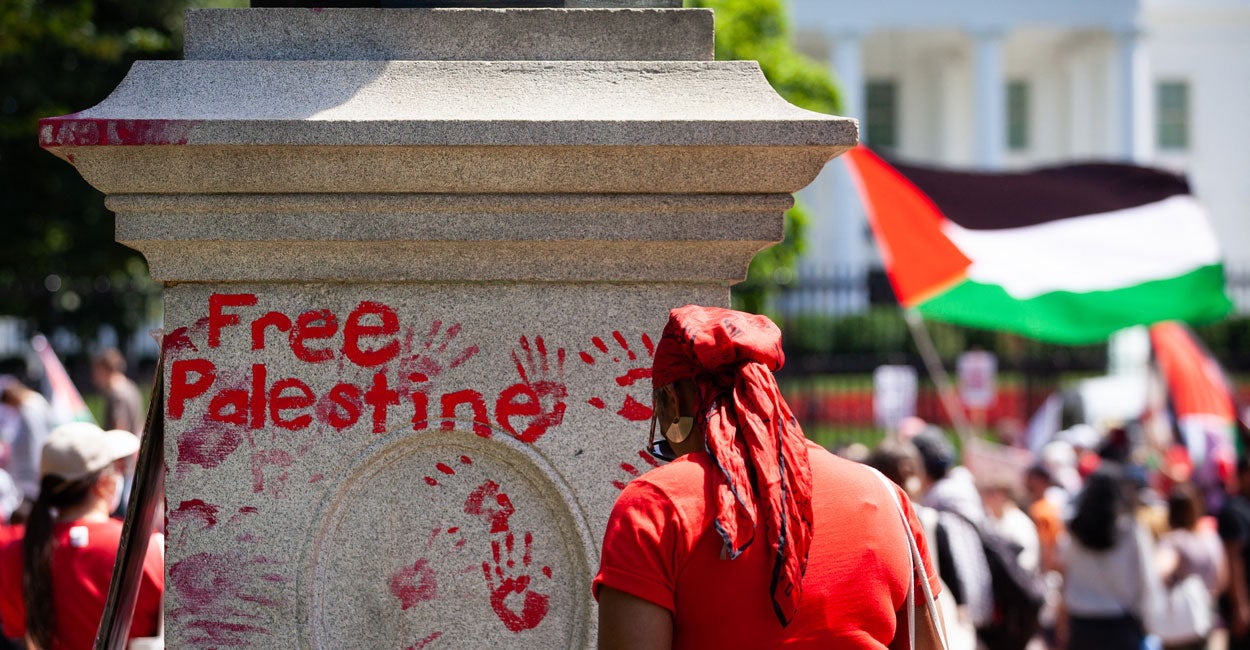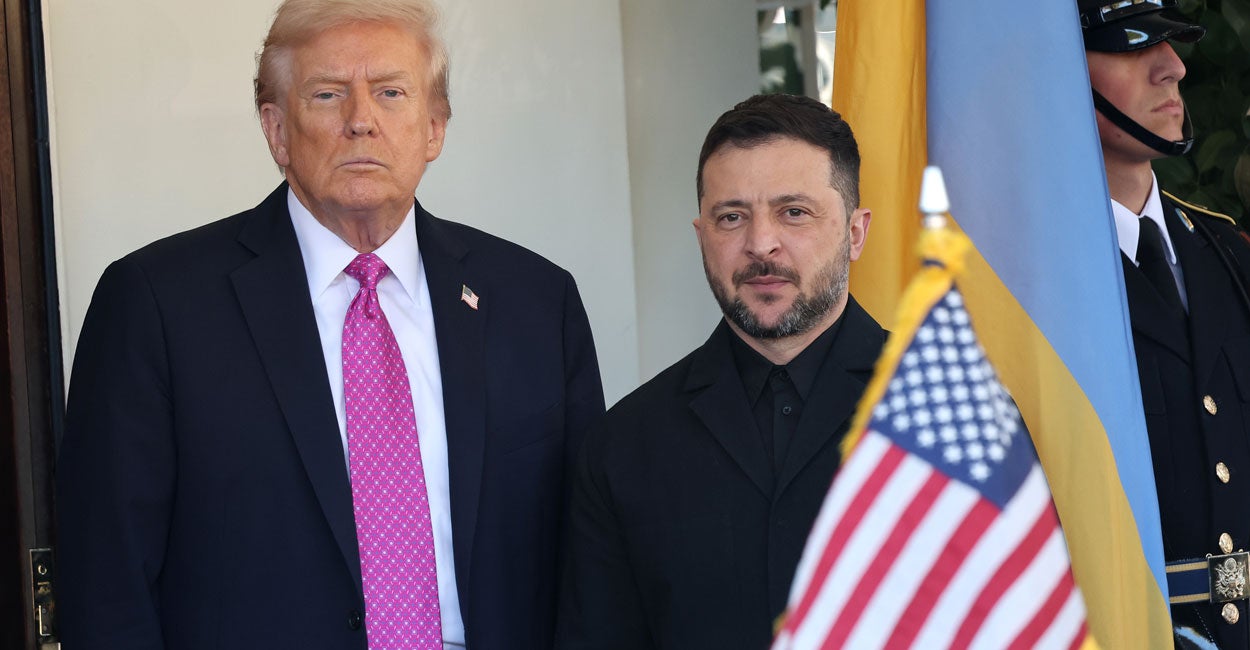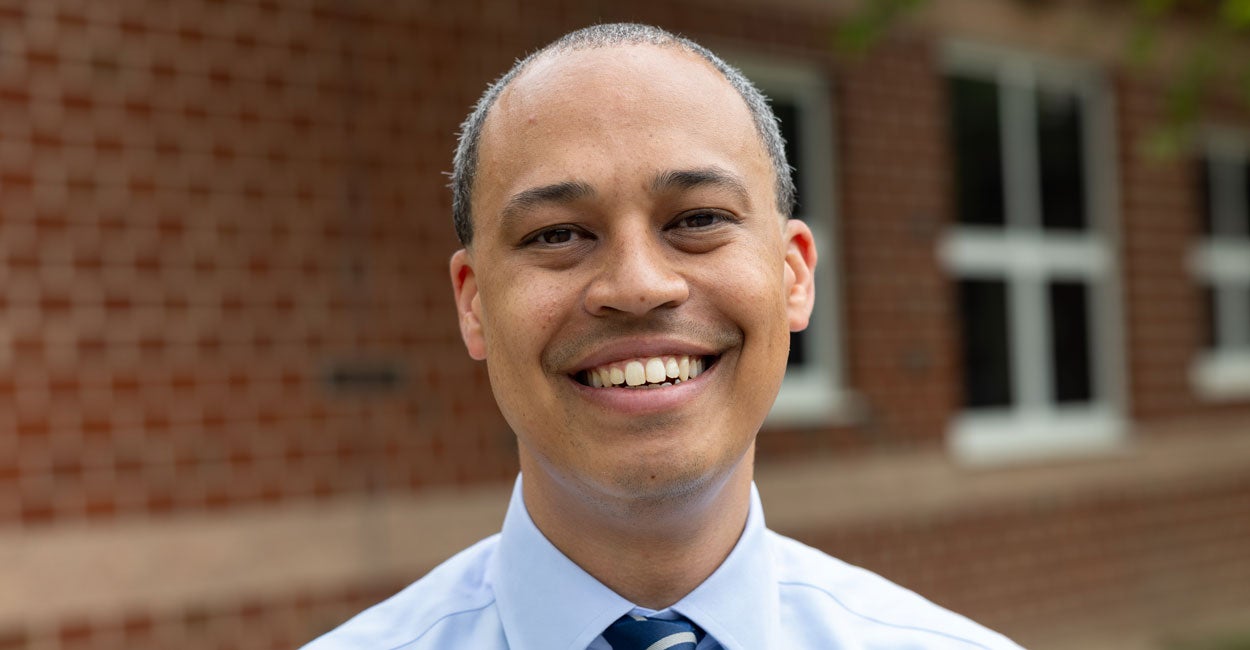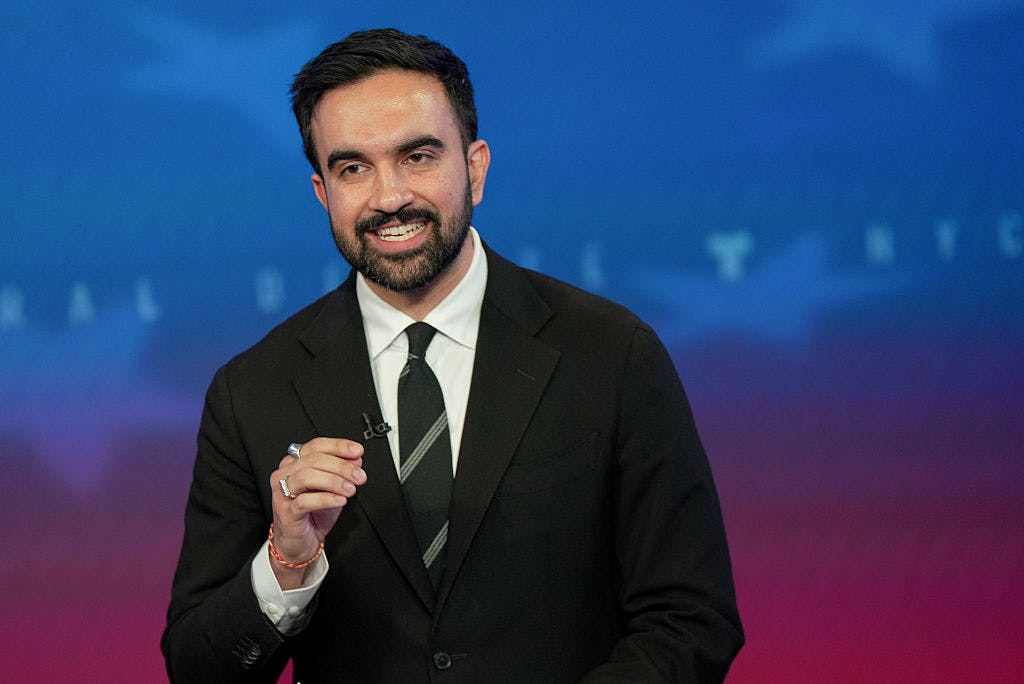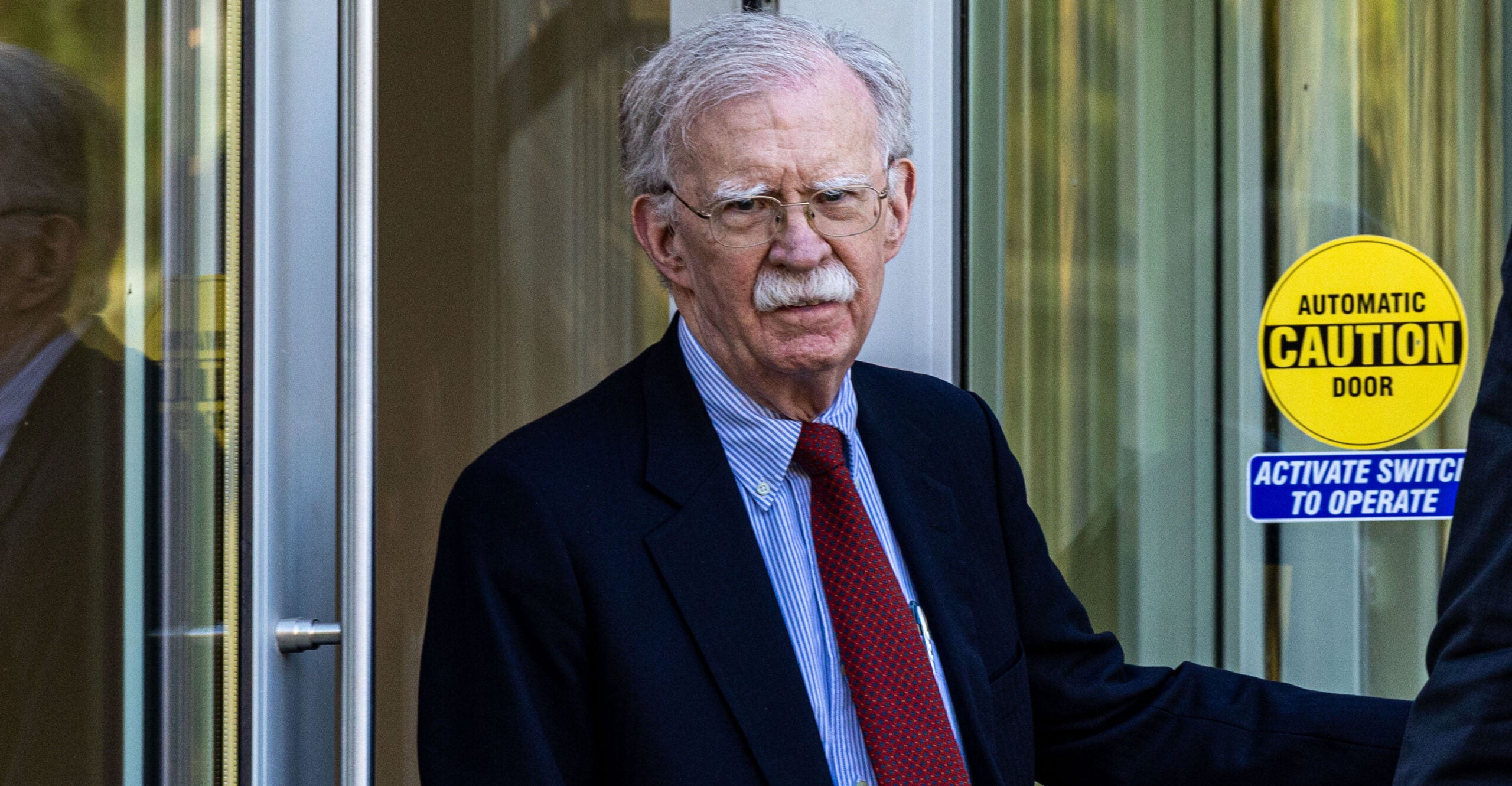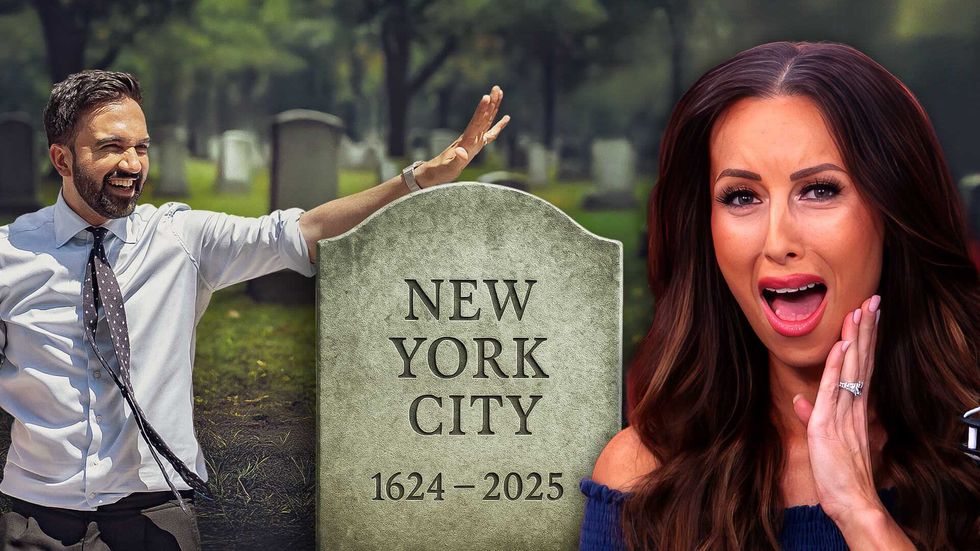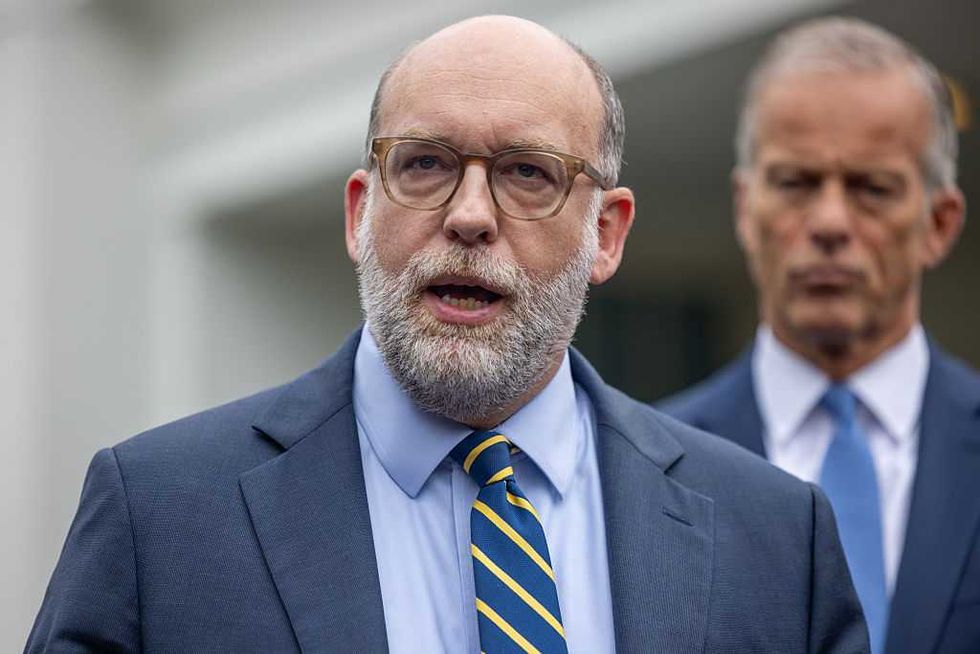‘Prosecutor, Judge, And Jury’: Why Campus Kangaroo Courts Should Lose Federal Funding
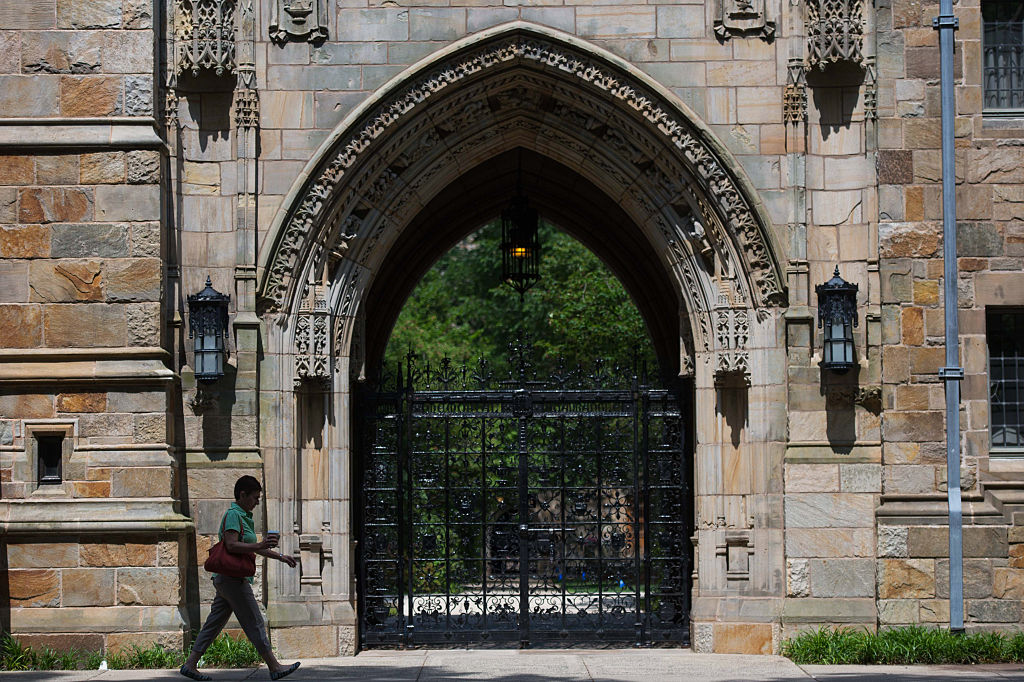
As the Department of Education yanks $175 million of federal funding from the University of Pennsylvania for violating Title IX by allowing males into women’s sports, Secretary Linda McMahon should also consider cracking down on other, more common procedural violations of Title IX that have been routinely committed by colleges for over a decade: that is, violations against due process for students and faculty accused of sexual misconduct.
This status quo was created by the Obama Department of Education’s 2011 “Dear Colleague” letter, which gutted protections for the accused in the name of “victims’ rights,” under penalty of losing federal funding. The letter mandated that colleges use the “preponderance of evidence” standard — which only demands that the guilty be deemed over 50% likely to have committed misconduct — as opposed to the stronger “guilt beyond a reasonable doubt” standard employed in criminal trials in actual courts. It also allowed alleged victims to appeal the result of a disciplinary hearing — a form of double jeopardy otherwise barred by the legal system. Moreover, it discouraged cross-examination of victims, claiming this would “retraumatize” them, and enabled a single-investigator model, in which the person investigating the sexual misconduct claim would also adjudicate the sexual misconduct claim and decide as to whether or not the accused was guilty — giving the investigator the near absolute power to be “prosecutor, judge, and jury” at once, as the Foundation for Individual Rights and Education called it.
Having received Obama’s memo, colleges went above and beyond — the Constitution, that is: even after President Trump took office for the first time and then-Secretary of Education Betsy DeVos rescinded the Obama-era “Dear Colleague” letter in 2017, colleges kept their kangaroo courts — and began to be taken to court themselves. In two notable cases, federal courts determined that accused students at the University of Cincinnati and the University of Michigan had their constitutional rights to due process violated. Per a 2019 study by Samantha Harris and K.C. Johnson, over 500 lawsuits were filed by accused students in the post-2011 period; 340 lawsuits went to federal court; colleges lost over 90 federal decisions; and colleges chose to settle over 70 lawsuits out of court before a decision could be made. This was around the peak of #MeToo and #BelieveAllWomen: in that cultural moment, anyone accused of sexual misconduct was essentially presumed guilty until proven innocent, a horrible inversion of the American rule of law.
Eventually, in 2020, DeVos established a rule ensuring Title IX proceedings would respect due process and treat both accuser and accused fairly. Because DeVos used the rulemaking process, rather than ruling by “Dear Colleague” fiat as her predecessor did, her decision was harder to reverse by the Biden administration. As a result, the Biden rule came toward the end of his administration in 2024, and, thanks to the administration’s overreaching attempt to rewrite Title IX to include “gender identity,” was immediately caught up in federal injunctions and barely implemented by the time Trump took office a second time and officially brought back the DeVos rule. That means that despite the change in administrations and attempted changes to Title IX by Biden, most colleges have been subject to the DeVos rule for most of the past five years.
Nevertheless, lawsuits over the past several years have continued to be filed by accused students and faculty alleging that their colleges treated them unfairly in Title IX proceedings. Just this month, the Fourth Circuit ruled in favor of an accused student at the University of North Carolina, noting that due process, live hearings, and cross-examination are crucial in Title IX proceedings. The persistence of lawsuits from the accused suggests that colleges are still not treating the accused fairly, and, as a result, are not only potentially disciplining, expelling, and firing perfectly innocent people — mostly men — they are also undermining the validity of all allegations, which makes it more difficult for real victims — mostly women — to be taken seriously.
College bureaucrats act this way in part because they are concerned with their own interests first: the #MeToo zeitgeist of yesterday still has them convinced that the fallout from blatantly unconstitutional proceedings will be less damaging to them than the possibility of activists calling them “rape apologists” for treating accused students and faculty with fairness. The Department of Education can change this calculus by stripping federal funds from every institution violating the rights of the accused. Only harsh federal action and the potential for penalties where it hurts will show colleges that they will suffer more for presuming guilt and holding unfair proceedings than they will for presuming innocence and treating both parties fairly, as the American rule of law demands.
On a more human note, colleges are often the places where young men and young women form their opinions of the world and of each other. Especially at a time when relations between the sexes are souring, it is crucial that colleges be expected to follow the law if they are to continue to be entrusted with taxpayer dollars.
* * *
Neeraja Deshpande is a policy analyst and engagement coordinator at Independent Women.
The views expressed in this piece are those of the author and do not necessarily represent those of The Daily Wire.
Originally Published at Daily Wire, Daily Signal, or The Blaze
What's Your Reaction?
 Like
0
Like
0
 Dislike
0
Dislike
0
 Love
0
Love
0
 Funny
0
Funny
0
 Angry
0
Angry
0
 Sad
0
Sad
0
 Wow
0
Wow
0
